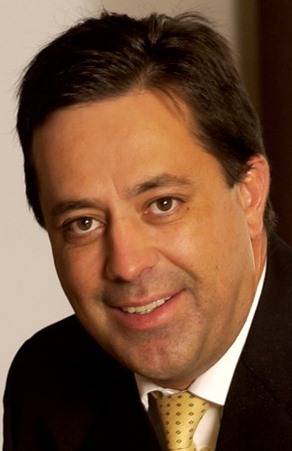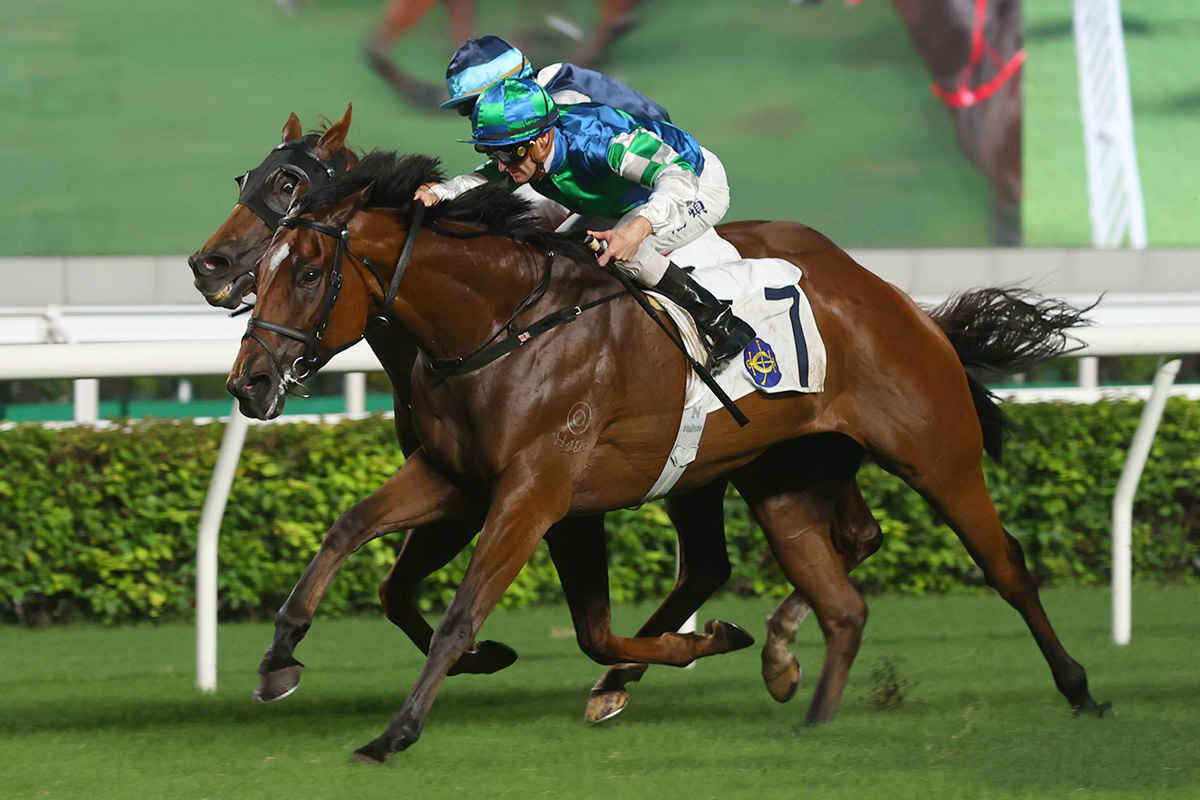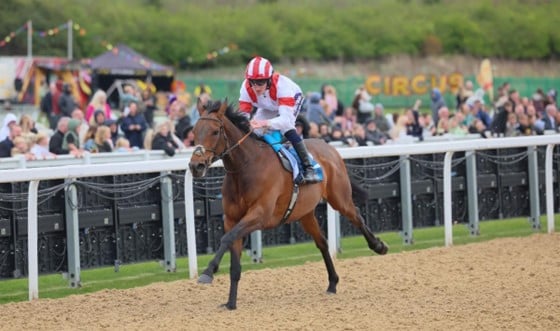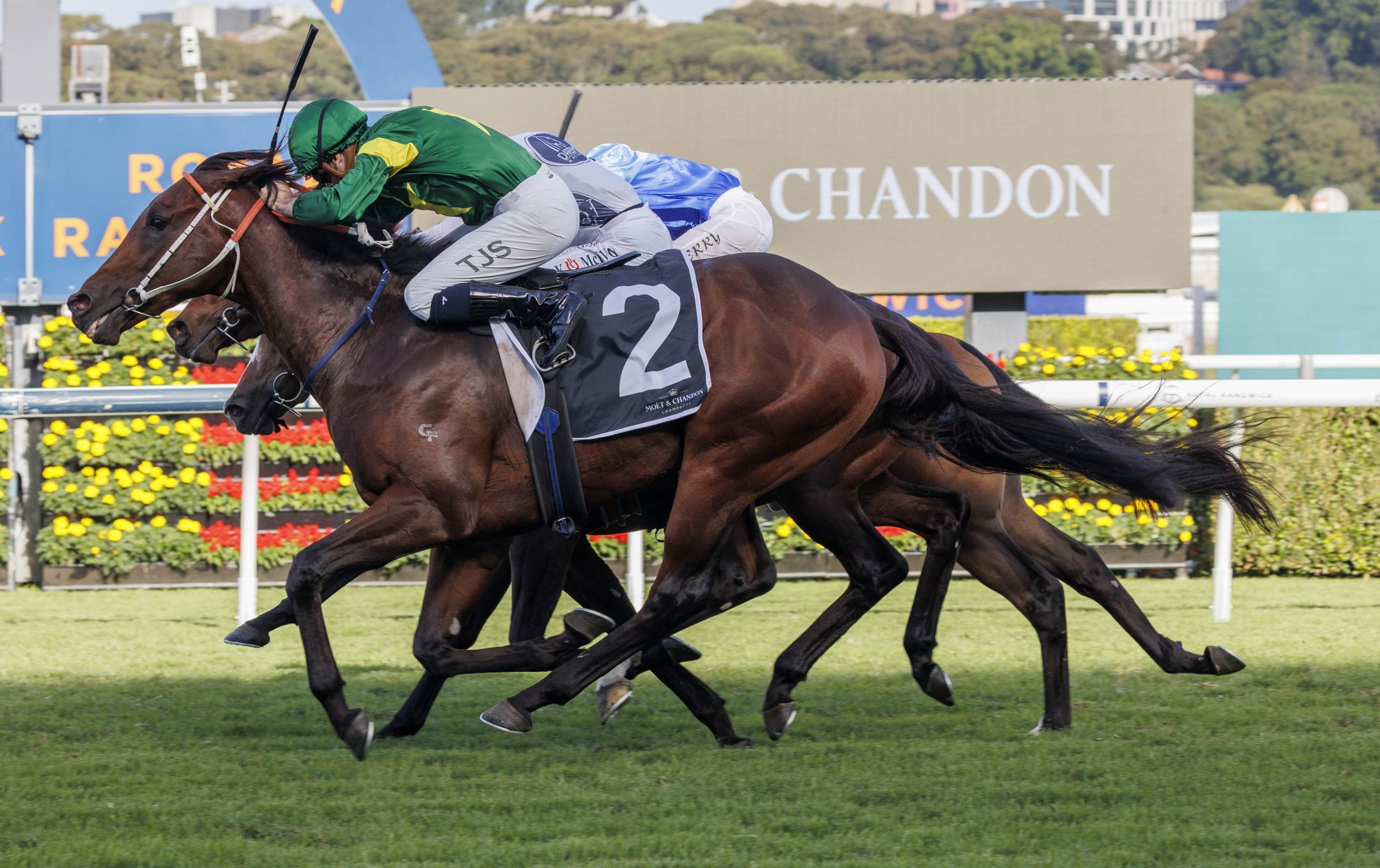Steinhoff is to buy Pepkor from Wiese and private equity company Brait, creating the third-largest discount retailer in Europe with annual sales exceeding R150-billion. This means Pepkor’s brands, including Pep and Ackermans, will now fall under the same roof as Steinhoff’s Joshua Doore, Incredible Connection and Hi-Fi Corp as well as its European brands such as Conforama.
But analysts this week questioned why Steinhoff neglected to put out a “cautionary” advising shareholders that it was working on a deal, and also whether its directors might have broken insider trading rules by buying R120-million in Steinhoff shares and futures in the weeks before the deal was announced.
“This was clearly a huge transaction and price-sensitive, and I don’t see how a company believes it can keep this under wraps given the people who had to work on it,” he said.
Alpha Wealth analyst Keith McLachlan also asked: “Shouldn’t Steinhoff have been under cautionary… Christo surely knew of the deal, yet bought Steinhoff futures?”
However, JSE general manager Andre Visser said a company had to issue a cautionary only if there was “price-sensitive information” and “the confidentiality of such information cannot be maintained”.
Visser said that because news of this deal did not leak, “we do not have a concern around this issue”.
However, Steinhoff’s failure to warn shareholders of a possible deal stands in contrast to the actions of Brait, which will sell its 37% of Pepkor to Steinhoff for R26-billion as part of the deal. On September 19, Brait put out a cautionary, revealing that it was in undisclosed “negotiations” – sparking a 27% jump in the stock as investors piled in.
.
These share purchases are potentially problematic because, had the directors bought the stock while knowing that such an undisclosed big deal was imminent, it could open them to charges of insider trading.
Since the deal was announced on Tuesday, Steinhoff’s share price has risen 4.2% – underscoring how price-sensitive the deal was.
But Wiese brushed off the concerns, saying he was “totally relaxed on that aspect”. “I bought some stock after the results announcement of Steinhoff,” he said.
As for not issuing a cautionary, he said this was for Steinhoff’s board to decide. “They took advice and were told it wasn’t necessary,” he said.
Steinhoff director Mariza Nel said: “I’m quite comfortable that we didn’t need to issue a cautionary announcement, given the timelines involved . It all happened very fast . (and) everything and everyone was kept under wraps.”
But the question of when exactly talks started – and when the Steinhoff directors got price-sensitive information – remains murky.
“Our board only discussed this deal a few days ago, when we realised it might actually happen. Before that, there really was no deal,” Nel said.
But it seems Steinhoff was serious about the deal weeks ago, when it discussed it with shareholders and had them sign nondisclosure agreements.
Brait CEO John Gnodde said this week that “in September, we started discussions when [Steinhoff made the approach]”.
But Wiese gave no clear answer about when talks started, saying discussions were “ongoing, over a long period of time, they were on and off, then let’s wait and see”.
When it comes to the share purchases, Visser said the JSE “always look into transactions ahead of price-sensitive announcements, [and] if there is any evidence of insider trading [we] would report [that] to the Financial Services Board”.
Kocks said discussions could move quickly in two weeks “but if there’d been a longer interaction over this deal while they were buying shares, it would be very concerning”.
Analysts generally welcomed the mega deal, but JP Morgan warned that Steinhoff might be “overpaying” for Pepkor. It also raised concerns about the fact that Steinhoff would issue 839 million new shares to pay the sellers, diluting the value of existing stock held by investors.
www.timeslive.co.za










